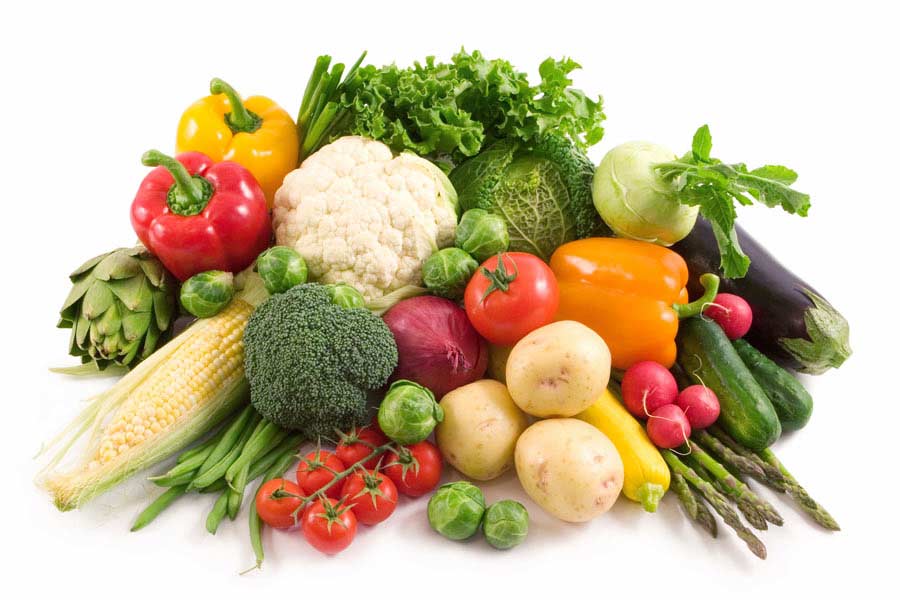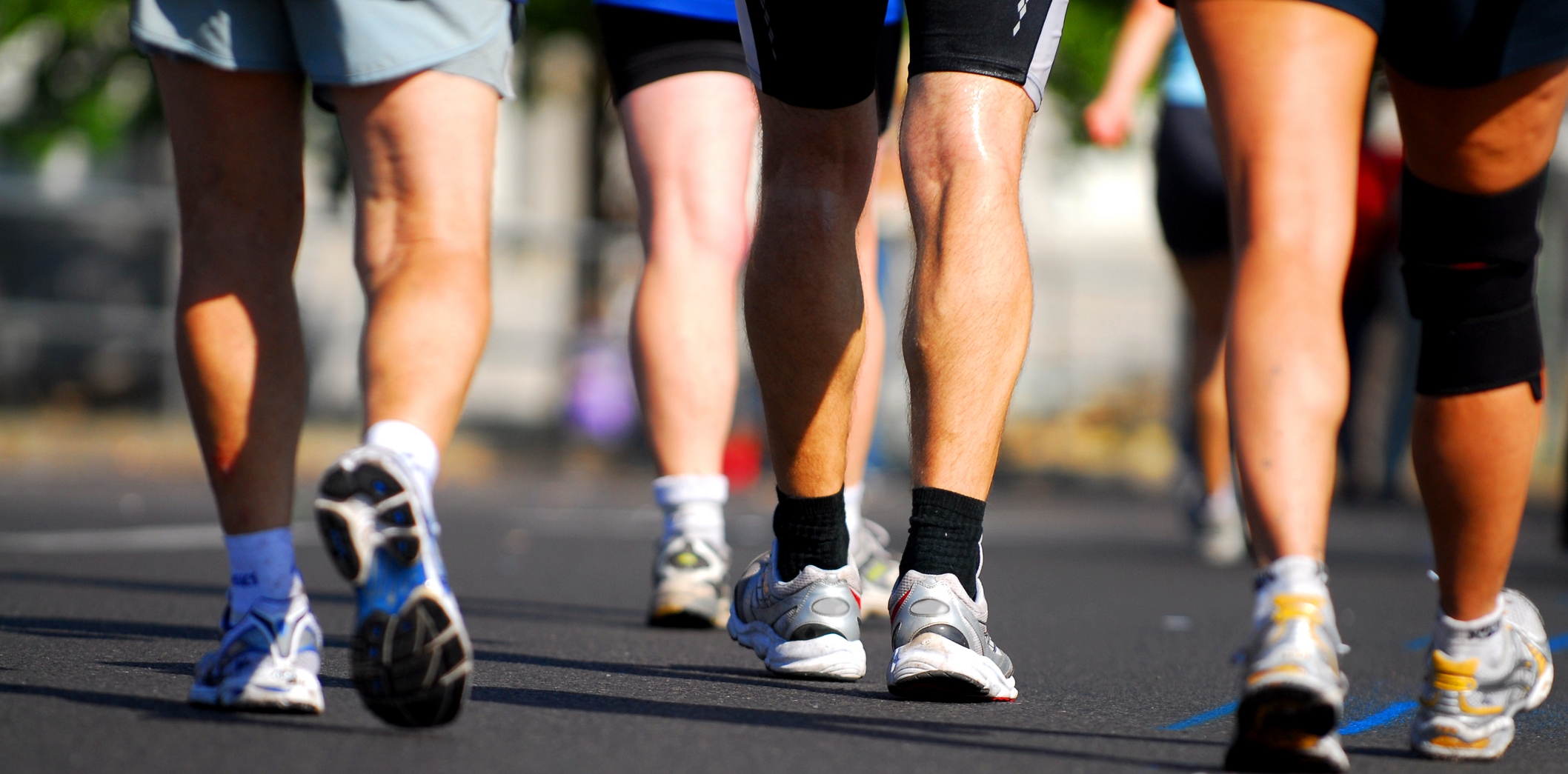A few simple cooking tips to improve your health…
Veggies are, by far, the healthiest foods on the planet. They’re rich in nutrients and vitamins, low in calories and carbs, and can provide all the dietary fiber you need to have a healthy body. If you want to lose weight, get fit, or stave off disease, you need to eat a lot more veggies. But remember: the way you cook veggies can have a huge effect on their health benefits!
Here are a few things you need to know about the RIGHT way to cook veggies for maximum health:
Steaming is your friend — In a 2009 study, it was discovered that steaming veggies helps them to retain the maximum nutrients. The study only examined the cooking methods (steaming, microwaving, boiling, stir-frying/boiling, and stir-frying) and their effect on broccoli, but it pretty much goes for all the veggies! Boil the veggies, and they absorb a lot of water, leeching away the nutrients. When you steam your veggies, you ensure that the vitamins, minerals, antioxidants, and fiber remain intact. You can steam broccoli, cauliflower, cabbage, and many other veggies to eat in your dishes or on the side.
Boil carrots — Oddly enough, boiling carrots can help to increase the beta-carotene (Vitamin A) content by as much as 25%. If you can boil your carrots in large chunks, you’ll find that they will retain the maximum amount of Vitamin A. Definitely a good idea, as carrots are amazing for the health of your eyes and skin.
Stew tomatoes — Tomatoes are one of the few veggies that are better off cooked! In their raw state, they’re a powerhouse of Vitamin C, fiber, and other nutrients, but when you stew them, the lycopene content increases. Lycopene is a potent antioxidant that can protect your prostate and serves as an anti-inflammatory. Definitely a good reason to eat more tomatoes!

READ MORE: 11 Unusual Vegetables You’ve Never Heard Of
Make soups and stews — Boiling veggies leeches out the nutrients, causing them to be absorbed into the water. For the most part, this is bad, unless you’re going to consume the water. You can cook veggies for soup or stew, and you’ll retain most of the nutritional value of the veggies because you’re using the water. All the nutrients that have leeched out of your veggies are still in the soup or stew liquid.
Consider microwaving — If you want to cook veggies in a hurry, microwaving them is a good option to consider. It will heat the veggies quickly, making them easier to eat but without breaking down the Vitamin C and other heat-sensitive nutrients. By avoiding cooking the veggies with water, you increase the phytonutrient content of the veggies. The only exception to this rule is cauliflower, which loses a lot of nutrients when you microwave it.
Griddle, don’t bake or roast — Griddling uses a pan with raised edges, meaning there is less contact with the vegetables. If you pour a bit of olive oil on the griddle, you can produce some VERY healthy veggies. Asparagus, onions, broccoli, chard, and green beans all griddle beautifully!
Don’t fry, saute — The more fat you add to the pan, the more dehydrated your vegetables will become. With just a small amount of oil, you end up sautéing the veggies–much better for the nutritional value. The addition of olive oil will also help your body to absorb more of the plant-based antioxidants and vitamins, making them even better for your health. Definitely a better choice if you want to keep the veggies as beneficial as possible!








